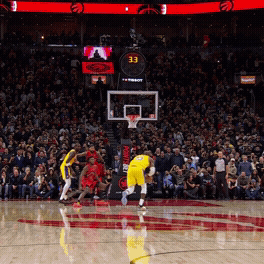A fateful extra pass is rewarded with a winner.
LeBron and Rui deliver one of Thursday’s two can’t-miss clinchers, as Bron’s record-smashing, 18+ year double-digit scoring streak comes to an end.

5 STORIES IN TODAY’S EDITION 🏀
Dec….

A fateful extra pass is rewarded with a winner.
LeBron and Rui deliver one of Thursday’s two can’t-miss clinchers, as Bron’s record-smashing, 18+ year double-digit scoring streak comes to an end.

Dec….